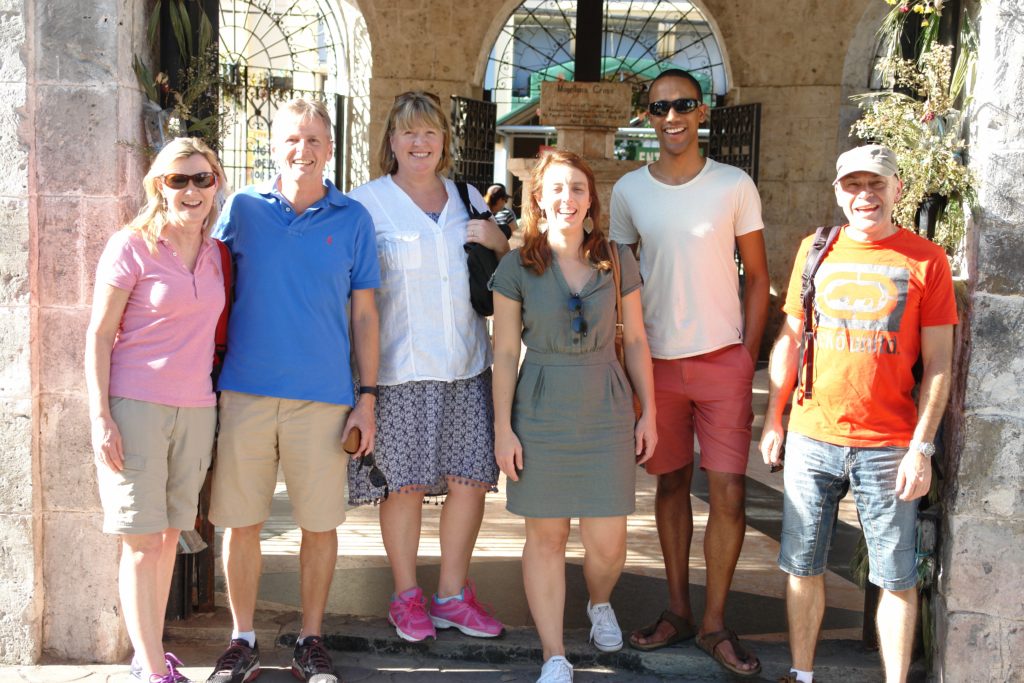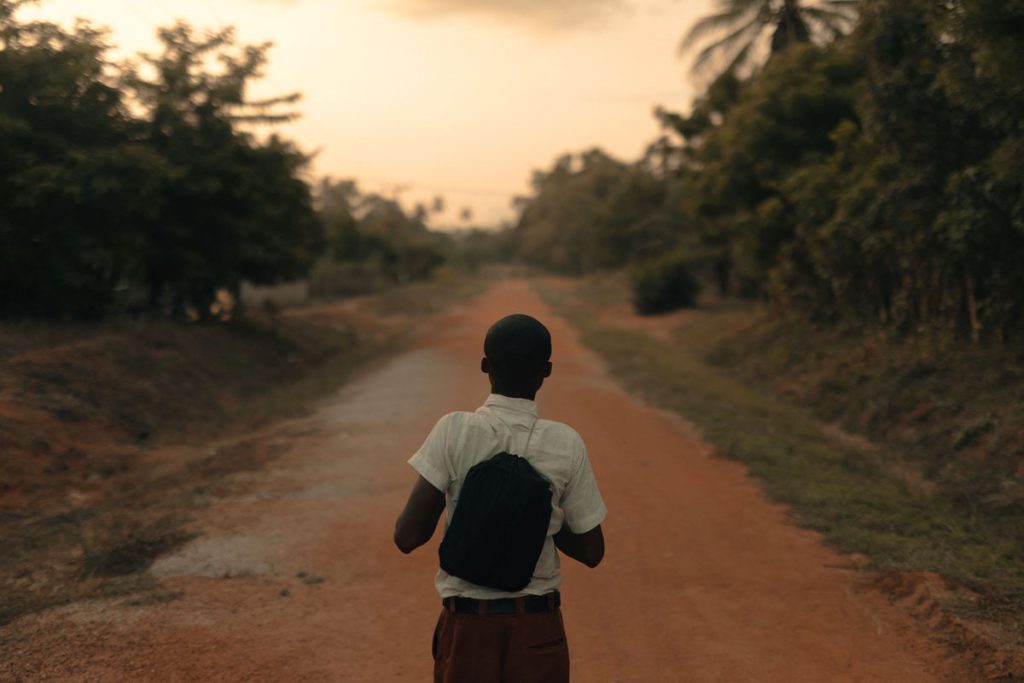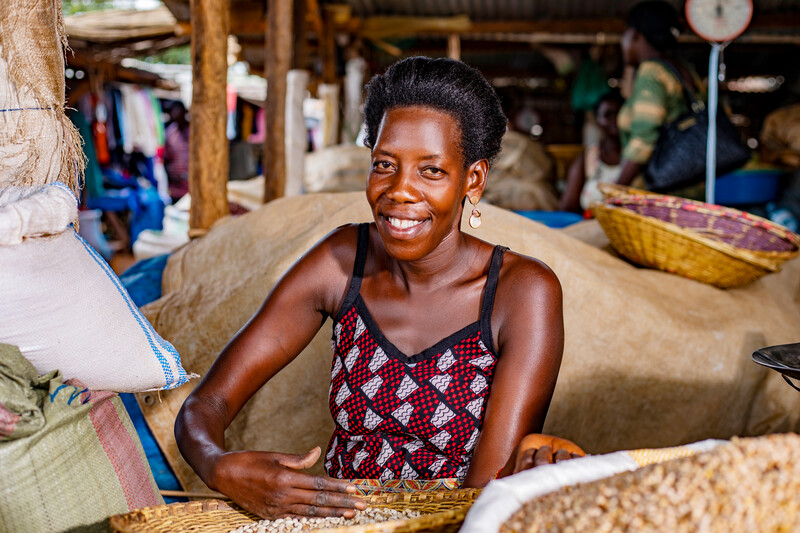Asia-Pacific
From the frontlines: rescue, restoration, accountability and transformation

Mark Northage
In May 2017, I was fortunate to be part of a delegation from IJM Australia that visited IJM’s field office in Cebu, Philippines.
As a lawyer and a former prosecutor myself, I was fascinated by many aspects of the work being undertaken and have some special memories of times spent with IJM staff and visiting the government shelter where Maarko* was housed with his little sister.
During our visit, I was impressed by the wealth of experience, consummate professionalism and tireless dedication of the law enforcement specialists and lawyers working in IJM’s Cebu office. My ‘favourite thing’ about IJM is its justice system transformation (JST) model. JST works because IJM brings expertise and resources to the table so that local law enforcement and justice authorities, who would otherwise be overwhelmed by the enormity and intractability of crimes like cybersex trafficking, can get to grips with this ‘hidden’ scourge.
As IJM Cebu’s Director of Investigations and Law Enforcement Development (a former US police detective) told us, investigating internet crimes is tricky and requires special knowledge and skills. His years of experience and training has enabled IJM and the Philippines National Police (PNP) to the wage war against cybersex trafficking one case at a time: successfully identifying and locating perpetrators, setting up stings and arresting the adults responsible, at the same time as rescuing victims like Maarko and his little sister.
I vividly recall our small group of visitors from Australia being driven around the outer suburbs of Cebu with IJM law enforcement personnel pointing out the locations of previous operations and arrests.
What struck me was not poverty. These areas are poor compared to a typical Australian suburb, but not desperately so.
There is a vibrancy and dynamism to Cebu and its people. What stood out was the ordinariness, the apparently innocuous locations where children were being exploited by their families or so-called friends. And everywhere we drove, we could see the roof-mounted aerials giving wireless access to the internet.
Cybersex trafficking operations often involve very early mornings of preparation, marshalling people and equipment and getting to the site without alerting the locals. But arrests are just the beginning. IJM’s lawyers advise on the collection of crucial evidence at the scene, assist in taking witness statements and then push the whole matter through the court system until the offenders either plead guilty or are convicted. The accused rarely get bail in the Philippines, especially when it is their own children (or their neighbours’ children) who are alleged to have been abused.
As Cebu Field Office Director, John Tanagho, told us, conducting operations and casework is still the best way for IJM to advance its JST model because it serves the twin purpose of being both a powerful deterrent for the offence type and the best way for IJM to discover where the local justice system is weak or ineffective and what can be done to strengthen it.
With IJM’s help, in 2018 alone, Philippines authorities have arrested 50 cybersex trafficking perpetrators and rescued 148 children.
How long then before cybersex trafficking, as an offence type, is shut down in the Philippines?
I don’t like to refer to the children rescued as ‘victims’. Like Maarko and his little sister, they are survivors – kids with a future despite their past.
Our group of visitors was welcomed into a shelter run by the Philippines Department of Social Welfare and Development (DSDW). The Director, a woman who spoke with conviction and compassion, took time to explain to us how the facility provided temporary shelter and protective custody for women and children escaping from involuntary prostitution, illegal recruitment, domestic and sexual abuse, and lately, cybersex trafficking.
She said something very interesting – that what DSDW values most about its partnership with IJM is that the IJM clients are the only ones with legal representation, so they get justice – they see the conviction of their abusers and get closure.
Our hearts melted when we met the women and children at the shelter and they sang and danced for us, held our hands and encouraged us to dance too. We were clumsy and self-conscious but they were free, unashamed, without affectation. A wonderful testimony to the restorative power of love and justice!
Mark is a Brisbane-based lawyer and IJM Justice Advocate. He visited IJM’s work in Cebu in 2017 and is pictured (far right) in the header image, alongside IJM Australia’s Director of Strategic Partnerships, Jacob Sarkodee (second from right).
Watch Maarko’s story here.
Learn more about cybersex trafficking here.




